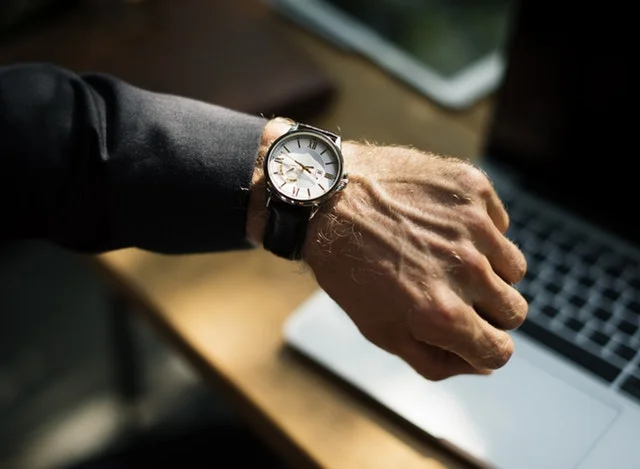Why balancing patience and persistence is key for freelancers
Many people say you’ll need some money saved, a good team, and an influx of capital to start a business. Of course, all of that is true. But one thing that has been helpful to me is having patience. Yeah, patience.
I'm not the most patient person in the world. My impatience has helped me to be ambitious enough to attempt tough reporting projects; it’s also something that—if left unchecked—cause me a crap-ton of stress when things take too long. When I feel like I'm waiting around too long,
There are times when taking your time goes a long way. Here are the things that you’ll need the patience to do as a freelancer:
Waiting for payment
You should never be paid late! That’s not what I mean when I say ‘waiting for payment.’ Unfortunately, many publications send paper checks via mail and sometimes their accounts payable department is run in a different state. It’s called snail mail for a reason. I typically wait three days after the due date to send a follow-up reminder. However, my best clients pay on time or early, so I keep them in mind when looking for story ideas. If it makes it past the three-day mark, you’d better follow up and be politely persistent.
Editing pieces
When written well, most of the time your pieces will go through one round of edits. Some of the edits will be swiftly done. Others might take restructuring. I recommend being as clear as you can in your pitch and having a follow-up conversation or two as you’re shaping the story. That’ll help clarify things along the way and cut down on misunderstandings. Still, you’ll have to be patient during the editing process and understand how your editor prefers to communicate. I do see some freelancers complaining about being ghosted by editors in the middle of the editing process. Again, you’ve got to follow up to know what’s going on with your piece. Twitter DMs, phone numbers, follow-up emails. Space them out so you’re not a pest, but keep reminding editors. They’re busy. They forget things. Make sure you stay on their radar.
Pitching Stories
When I was the interim managing/web editor at The Chicago Defender, I got at least 100 emails per day. Mind you, this was a small-staffed black newspaper. So I can imagine just how clogged an inbox of an editor at a national publication is. Follow up with editors about your story pitches, because it’s likely that they didn’t see it at first. The timelier the pitch, the sooner you need to touch base. But if they don’t get back to you within a timely fashion, it’s time to move on.
Generating story ideas
Sometimes I get stuck coming up with new ideas. You can’t rush that process all the time. But if you need a jolt of inspiration, start talking with friends, go for a walk in your neighborhood, or think about the things happening in your community that are upsetting or confusing to you. Think about a unique angle that no one else has explored. Or you could always ask your editor if they’re interested in a specific topic.
What other aspects of freelancing do you think need both persistence and patience? Leave a comment or email me at contact@thefreelancebeat.com.





